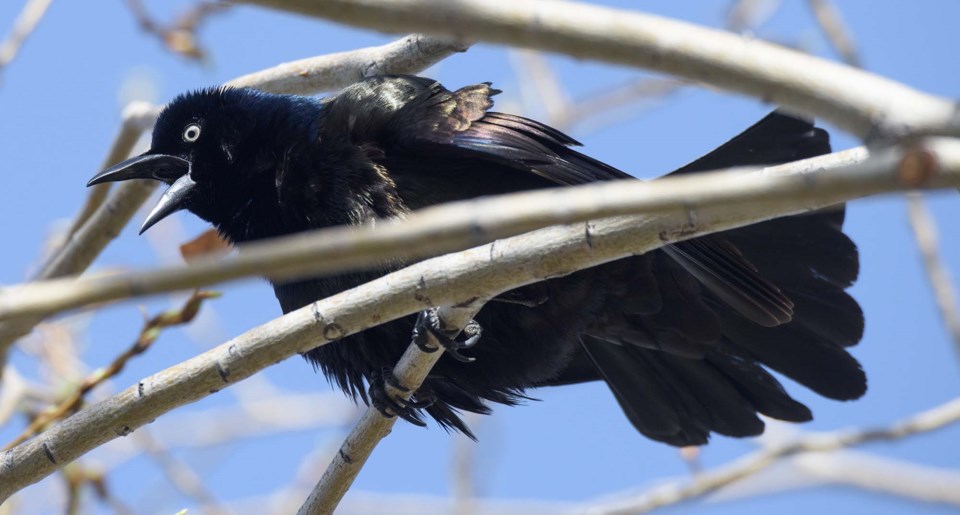That chorus of songbirds you hear in the morning is more than just a pleasant wake-up call, a new study suggests — it’s also a rehearsal.
University of Southern Denmark biology professor Coen Elemans co-authored a study in Nature Communications Dec. 12 on how songbirds need to practise singing every day to stay in tune.
In an email, Elemans said his team previously discovered that songbirds have evolved some of the world’s fastest muscles to control their song. The team wanted to know if the birds were born with these muscles or if they gained them through practice. Previous studies had found that practice shaped the neural networks involved in singing, but it was unclear if it affected vocal muscles.
“Surprisingly, we have no physiological data on this at all,” Elemans said, in part because human singers don’t want scientists cutting bits out of their voice boxes for fear of damaging them.
Bird studies
Elemans and his team took young finches, cut the nerves to one-half of the birds’ vocal muscles, then tested the speed and size of the muscles after 100 days. The team found that the modified muscles were about half as fast and 70 per cent smaller than the regular ones, suggesting they had atrophied from lack of use.
Next, they performed similar surgeries on adult finches. Again, the speed of the modified muscles plummeted relative to the regular ones within two days, dropping to juvenile levels after 21 days. Chemical analysis found cutting the nerves also reduced the abundance of proteins that determined muscle speed and decreased the proportion of super-fast muscle fibres.
Finally, the team checked to see if female finches cared if males practised their singing. The team recorded the males singing normally and again after seven days of not singing (the birds were kept in the dark and distracted to stop their songs), then let females pick which of the two songs to play by pecking one of two big, white buttons. Some 75 per cent of the females preferred to play the songs of males that had practised over those that had not.
The team concluded that their results show that male zebra finches needed daily practice to sing at their best.
Practice makes perfect
Researchers suspect birds sing to attract mates and defend territory, but have yet to explain why they sing in so many other situations as well, Elemans said. This study suggests birds might sing to practise, with a practised song serving as an indicator of fitness to females — a male would have to be healthy to have the spare time needed to perfect his performance.
While he had yet to hear any organized birdsong rehearsals, St. Albert musician Peter Jansen said it made sense birds needed practice to keep their vocal chords limber.
“If you haven’t (sung) for a bit, you definitely have to warm up for a few days.”
Previous studies have shown that birds don’t sing as well if they are deaf or don’t have adult males to learn from, said Chris Sturdy, a University of Alberta researcher who studies chickadees and lives in St. Albert. While it wasn’t a huge surprise, Sturdy said it was neat this study had managed to show that a lack of practice by the male birds caused actual behavioural changes in the female ones.
Elemans said this study suggests songbirds could serve as models for human larynx muscles and help researchers treat voice disorders.
The study is available at www.nature.com/ncomms.



